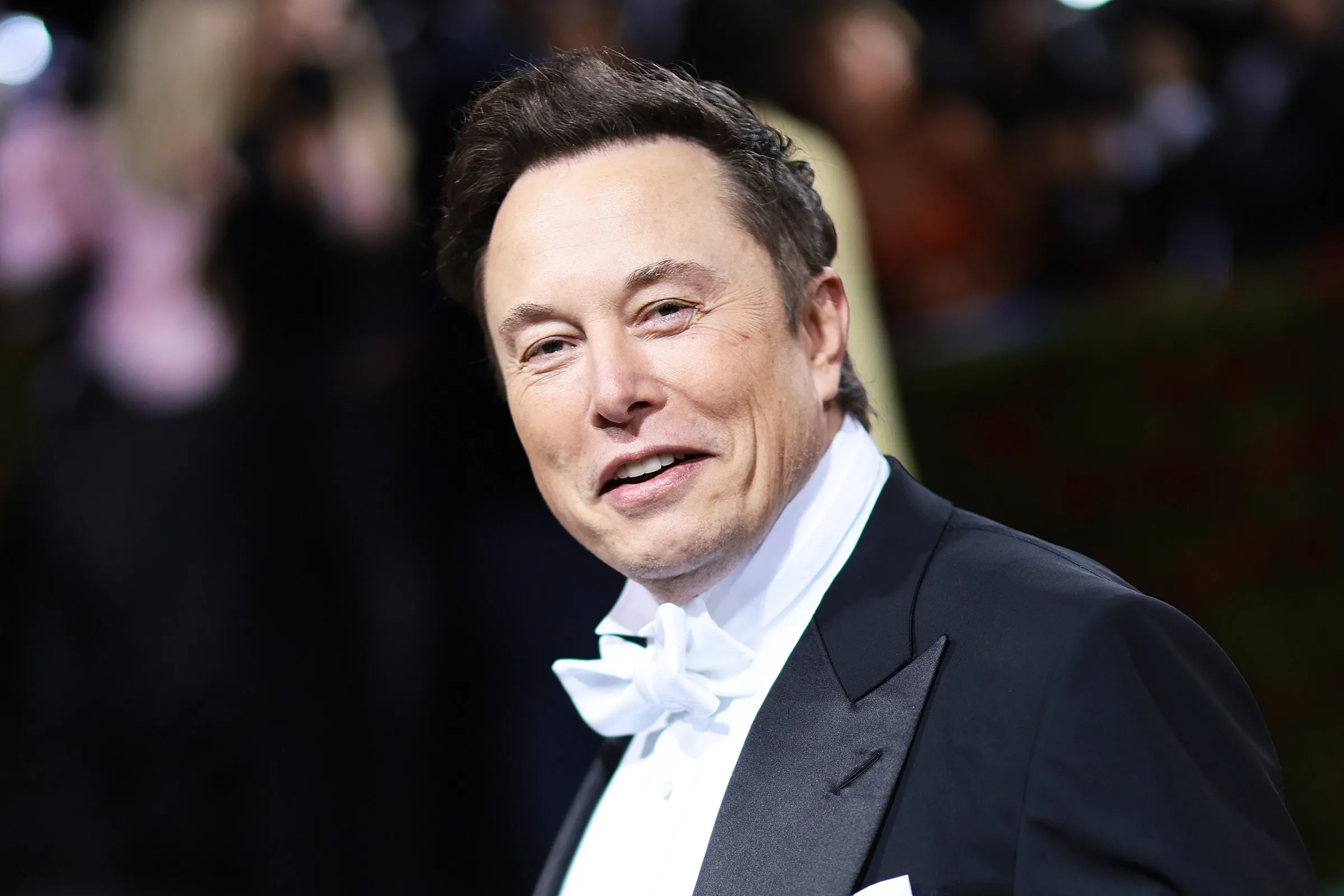A recent report by the Center for Countering Digital Hate (CCDH), a British non-profit organization, has found that Elon Musk, the owner of the social media platform X (formerly known as Twitter), has disseminated misinformation about the U.S. election and the Democratic Party in 50 different posts this year.
Despite the platform’s “Community Notes” feature, which is meant to provide grassroots fact-checking, none of these posts have been corrected. Imran Ahmed, CEO of CCDH, expressed concern that X is failing to control the spread of algorithmically-boosted false information, which could potentially lead to real-world violence, as seen during the January 6, 2021, Capitol riot.
The CCDH report specifically points out that Musk’s posts, made between January 1 and July 31, contained false claims that have been debunked by independent fact-checkers. Many of these posts revolve around the baseless accusation that the Democratic Party is importing voters to secure electoral victories.
For example, Musk claimed in March that the Democrats’ goal is to import voters, and in February, he suggested that Democrats refuse to deport illegal immigrants because they might vote in the future. Politifact has rated the latter claim as “False,” noting the significant number of immigrants deported under the Biden administration.

Musk has also made unsubstantiated claims about the vulnerability of the U.S. election system, suggesting that electronic voting machines are susceptible to hacking and that mail-in and drop box ballots should be banned. He shared these claims alongside content from Fox News and statements by political figures like Speaker of the House Mike Johnson.
However, these posts were not flagged or corrected by X, even though the Brennan Center for Justice has reported that instances of voter fraud are extremely rare and that robust security measures are in place to protect the integrity of elections.
One of Musk’s most controversial posts involved an AI-generated deepfake video of Vice President Kamala Harris, which falsely portrayed her making derogatory remarks about her identity.
Despite X’s policies against sharing manipulated or out-of-context media, the post remained on the platform without any correction or community note. This incident further underscores concerns about X’s lack of enforcement of its own rules regarding misinformation and manipulated content.
The CCDH report concludes that Musk’s 50 misleading posts have been viewed approximately 1.2 billion times on X. In response to this and similar cases of misinformation, CCDH’s CEO, Imran Ahmed, has called for changes to Section 230 of the Communications Decency Act, advocating for social media companies to be held accountable in the same way as traditional media outlets.
Meanwhile, the CCDH is currently embroiled in a legal dispute with Musk and X Corp., who have accused the non-profit of illegally scraping data and conducting a campaign to scare away advertisers.


